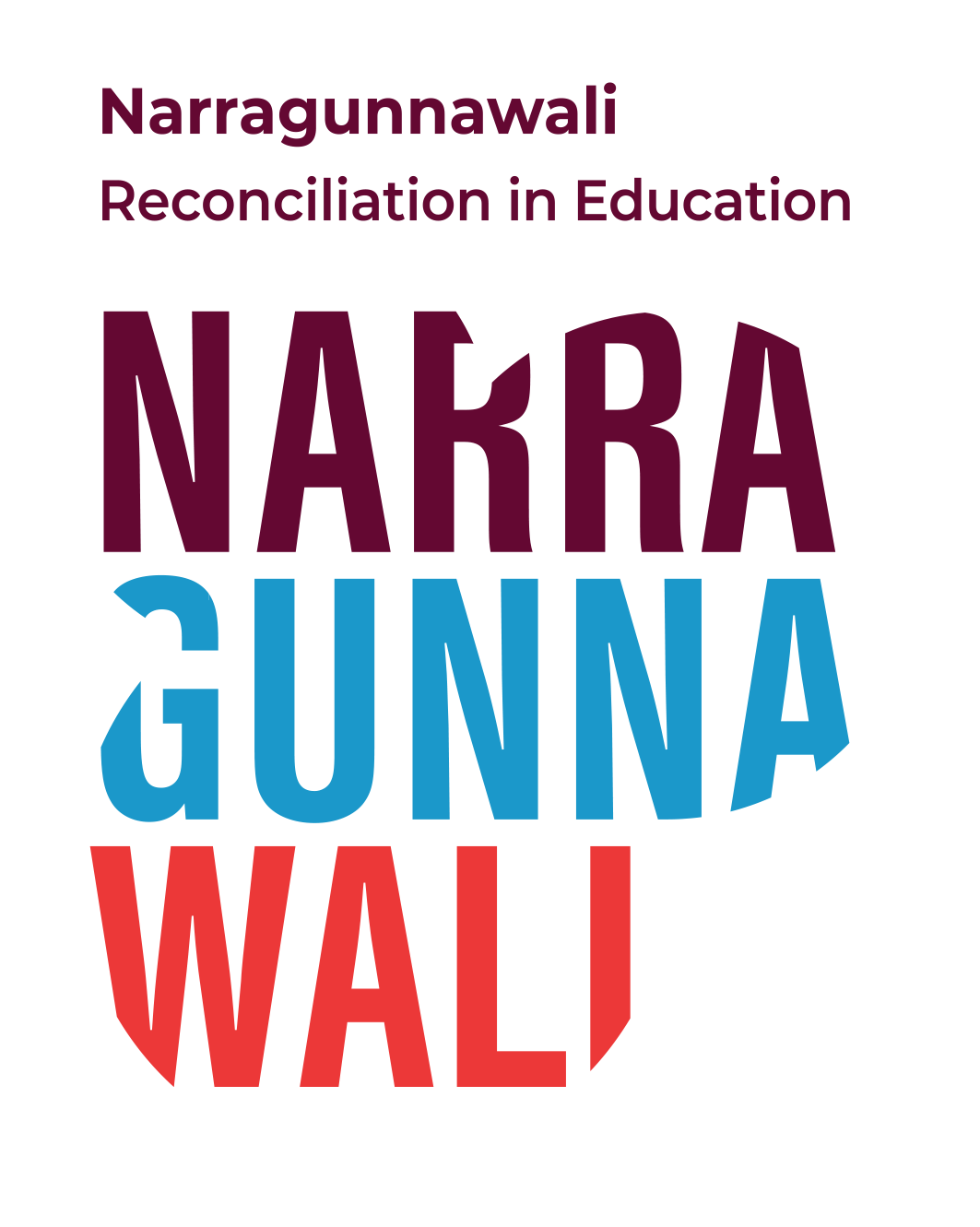Reconciliation Resource – Reconciliation in Education webinar series
Reconciliation Australia, in partnership with Gilimbaa, have recently released a three-part on demand Reconciliation in Education webinar series. Accompanied by Professional Learning Resources, the webinar series introduces participants to key concepts and supportive materials when thinking of moving from the ‘safe’ to ‘brave’ space of reconciliation within Australian schools and early learning services. Each of the webinars and resources are freely available on-demand, and can be engaged with as a whole series, or as stand-alone pieces for you to build your knowledge, awareness and understanding of what reconciliation means, and ways for you to turn the word ‘reconciliation’ into action.
PART 1: AN INTRODUCTION
"It’s vital that not only Aboriginal and Torres Strait Islander students can see themselves, their identities and their cultures reflected in the curriculum but also that all students can meaningfully engage with the world’s oldest continuing living cultures."
— Reconciliation In Education Part 1: An Introduction
The first webinar, Reconciliation in Education: An Introduction, provides an introduction to the concept and context of reconciliation in Australia, as well as an overview of the important relationship between reconciliation and education.
- It explores key messages about reconciliation in education, and will equip participants with knowledge and skills on how reconciliation can be respectfully embedded in the classroom, around the school and in the community.
- Participants are encouraged to critically reflect on their current attitudes and actions towards reconciliation in education, as well as recognise the importance of ongoing learning, unlearning and relearning about diverse Aboriginal and Torres Strait Islander histories, cultures and contributions.
PART 2: TALKING THE WALK
"The ways in which we speak about reconciliation are just as important as the ways in which we act towards it. Language is active, and can impact upon attitudes, understandings and relationships in a very real sense. Because of this, it is important to use respectful and inclusive language and terminology in all communications about reconciliation."
— Reconciliation In Education Part 2: Talking the Walk
The second webinar in the series, Reconciliation in Education: Talking the Walk, explores the importance of using respectful and inclusive language and terminology as a key part of engaging in reconciliation.
- Participants are introduced to terminology guidelines, as well as guiding principles for how to respectfully be part of community-level conversations about First Languages.
- Participants will learn how to carefully evaluate resources as part of curriculum planning to ensure that resources being used are meaningful and appropriate, and how to actively embed the language of reconciliation across all subject/learning areas.
PART 3: WALKING THE TALK
"Everyone can contribute to reconciliation in education. Essentially every Australian is connected with a school or early learning service environment in some way. While non-Indigenous Australians have just as much (if not more!) responsibility to drive reconciliation, Aboriginal and Torres Strait Islander community members can powerfully contribute to school and early learning services’ reconciliation journeys."
— Reconciliation In Education Part 3: Walking the Talk
Reconciliation in Education: Walking the Talk, the third webinar in the series, explores how to take practical and informed action towards reconciliation in education.
- It tackles the question of “tokenism”, and how and why it is important to develop respectful relationships with Aboriginal and Torres Strait Islander community members to support sustainable, whole-scale change.
- Participants are guided through the Narragunnawali Reconciliation Action Plan process on the Narragunnawali platform, as well as the Narragunnawali Awards, which highlight examples of exceptional commitment to reconciliation within schools and early learning services across Australia.
The accompanying professional learning resources for all three webinars link to key supporting materials such as the 2021 State of Reconciliation in Australia Report, the Australian Reconciliation Barometer, as well as a series of activities and key questions for you to consider along your learning, unlearning and relearning journey of reconciliation.
Register for the Reconcliation in Education webinars here.


